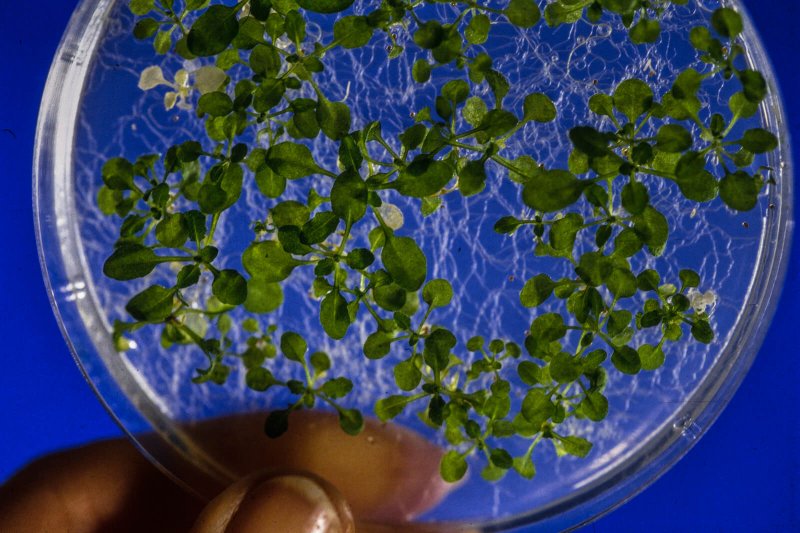In 2009, the genome editing tool CRISPR was introduced, which allows scientists to edit the DNA of organisms such as plants, bacteria and animals to improve physical traits such as disease, pest or drought resistance. Researchers don’t introduce foreign genetic material into an organism. Instead, they use CRISPR like a pair of scissors to snip and edit DNA at a specific spot.
However, the public has little knowledge about the technique or its consequences, if any.
…
“That’s problematic,” [professor Jennifer Kuzma] said.
“There is a segment of the population where people want to know whether their foods are modified by modern biotechnology and they won’t necessarily distinguish between something that is transgenetic, a first-generation genetic engineered method or a second-generation gene edited technique. I think it’s important for people to know that these gene edited plants are going into the market.”
To provide that transparency, Kuzma and her colleagues are recommending the creation of CLEAR-GOV, or as stated in the university’s news release, a “community-led and responsive governance” coalition that would provide access to basic information on biotech crops in accessible language.
That would include the species and specific variety of the plant, the type of trait modified, the actual improvement the modification provided, areas where the crop is grown, and downstream uses of the crop.
Read the original post































